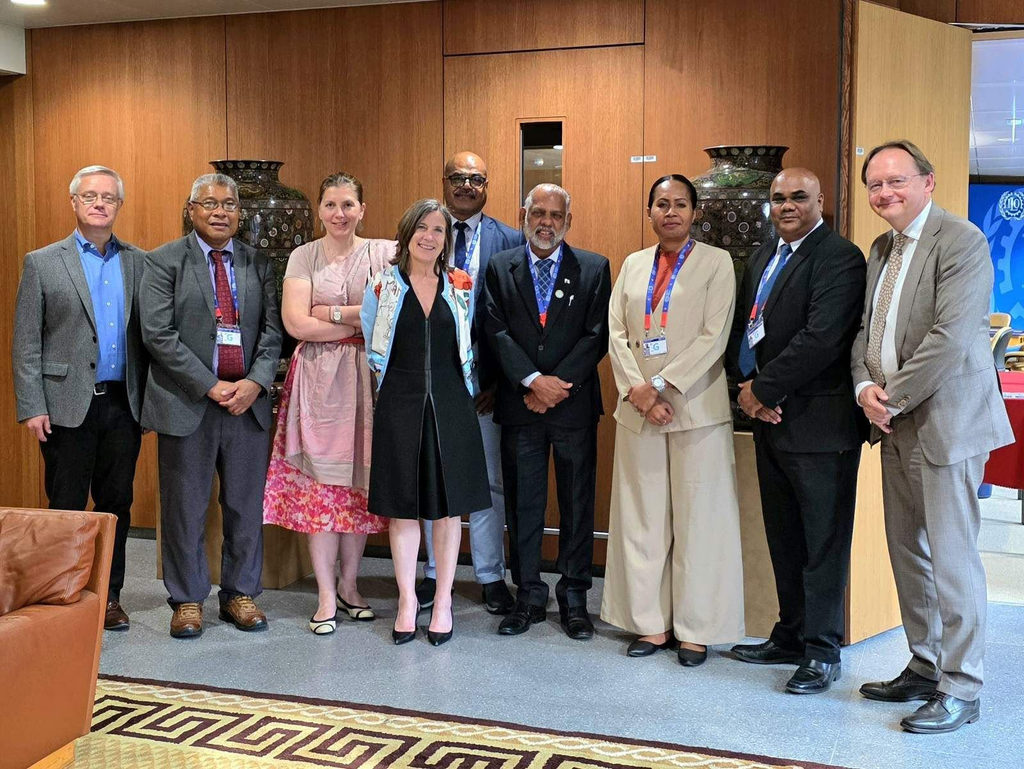Fiji’s revised Employment Relations Act is being reviewed by the Office of the Solicitor General before it will be presented before Parliament in August.
While presenting at the 113th Session of the International Labour Conference (ILC) Plenary in Geneva, Switzerland, Minister for Employment Agni Deo Singh reiterated the proposed framework aimed to enhance worker protections, promote fair employment practices, improve dispute resolution and create a positive work environment.
“I’m proud to share that over the past two years, Fiji has made significant progress toward improving our labour laws,” Mr Singh said.
“We have successfully completed a comprehensive review of Fiji’s Employment Relations Act 2007.
“This was not merely an administrative task, but our testament to genuine dialogue on work rights.”
He said the review involved strong collaboration among all tripartite partners and relevant stakeholders, a key principle of the International Labour Organization (ILO).
“This process has resulted in proposed changes that are not only legally sound but also practical and socially acceptable, showing our shared commitment to the future of work in Fiji.
“Currently, the revised Bill is being reviewed by the Office of the Solicitor General to ensure its legal integrity and compliance with international standards.
“The Bill is anticipated for presentation to Fiji’s Parliament in August 2025, demonstrating our commitment to timely reforms that benefit both workers and employers.”
While opening the high level talks this week, ILO Director-General Gilbert Houngbo said the organisation’s normative mandate was relevant than ever.
“This includes not only the development, implementation and supervision of international labour standards, but also the urgent need to ensure a level playing field in an increasingly interconnected and rapidly changing global economy,” Mr Houngbo said.
He stressed that “employment is not a passive result of economic growth — it must be an active part of it,” calling for stronger links between job creation, workers’ protection, and inclusive, democratic development.



